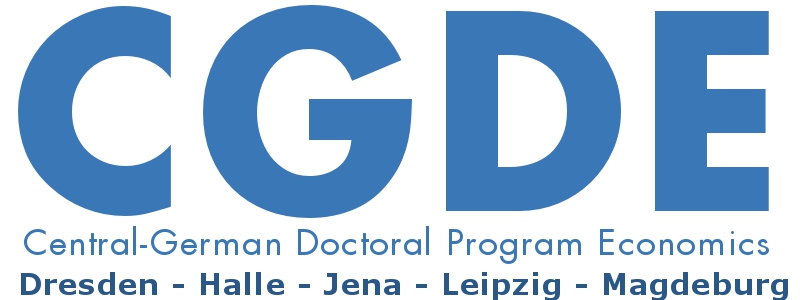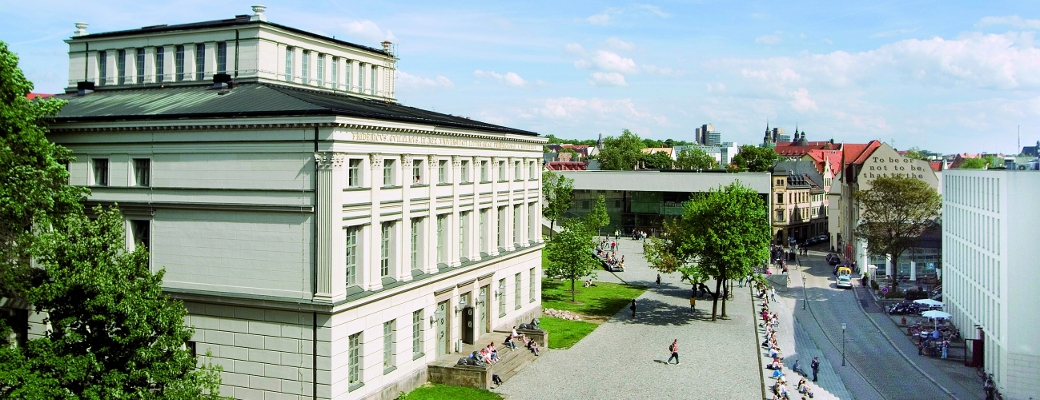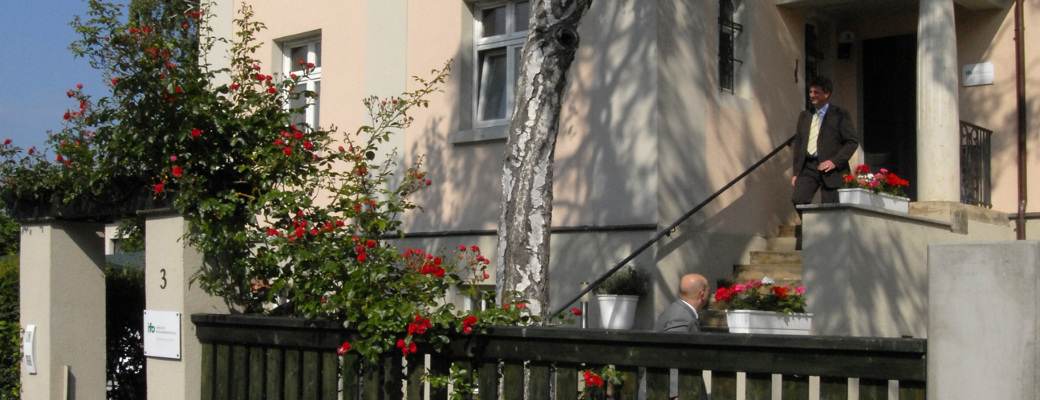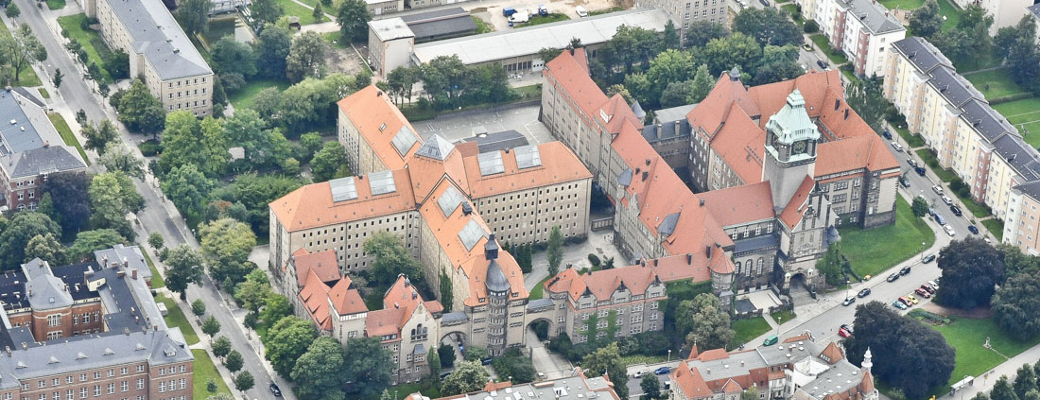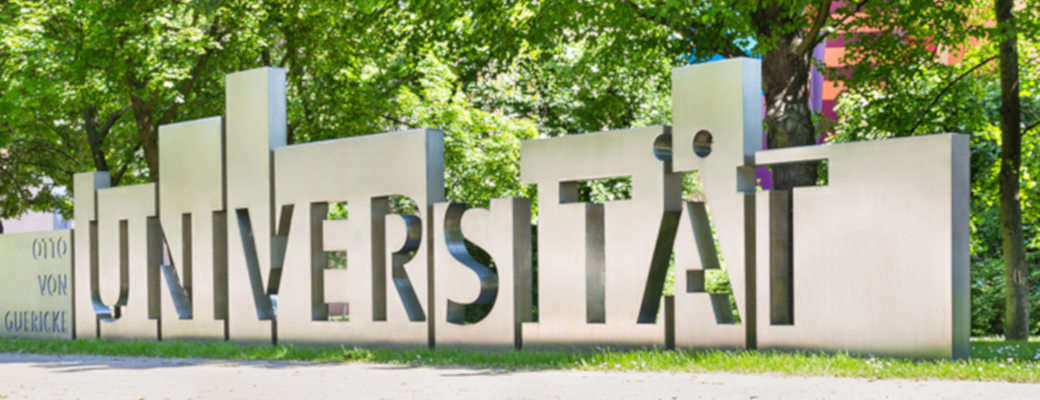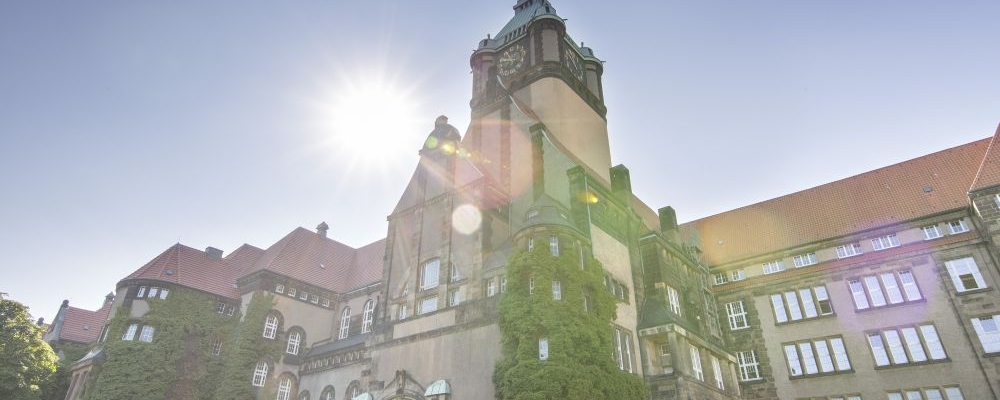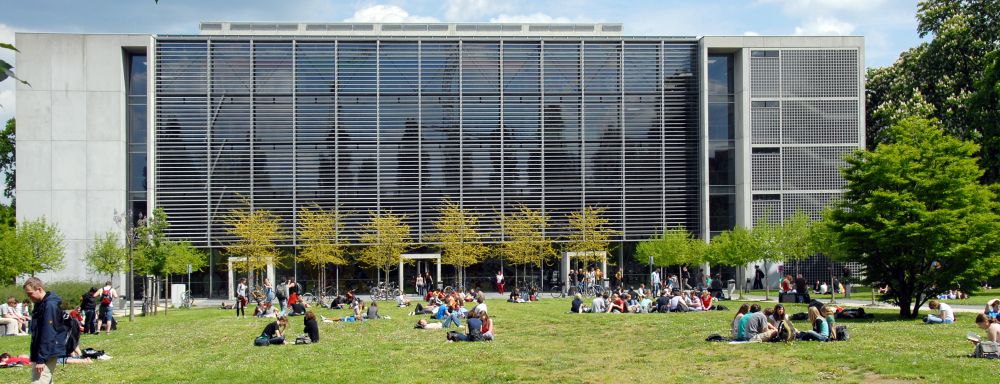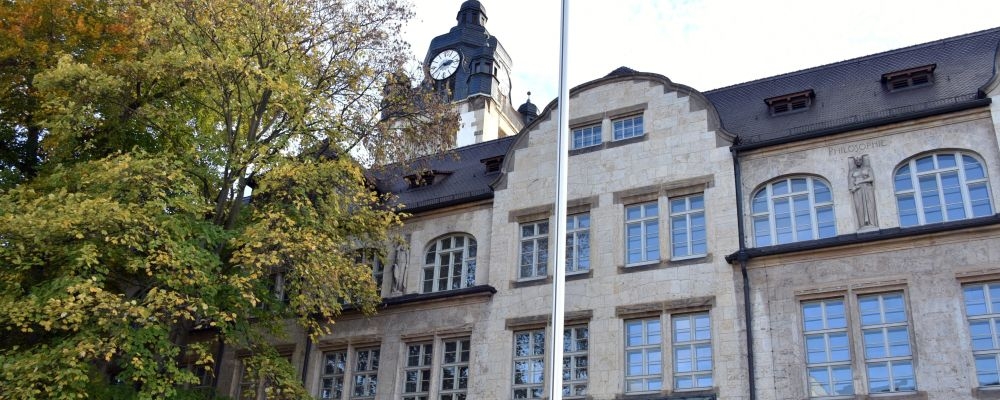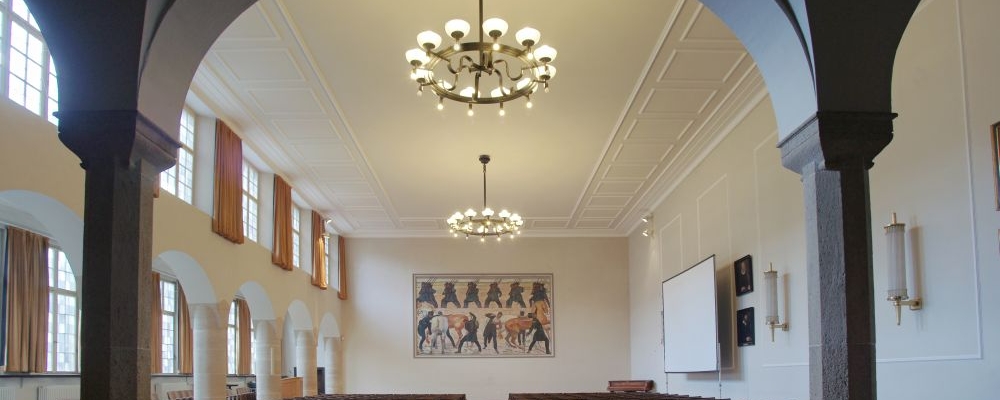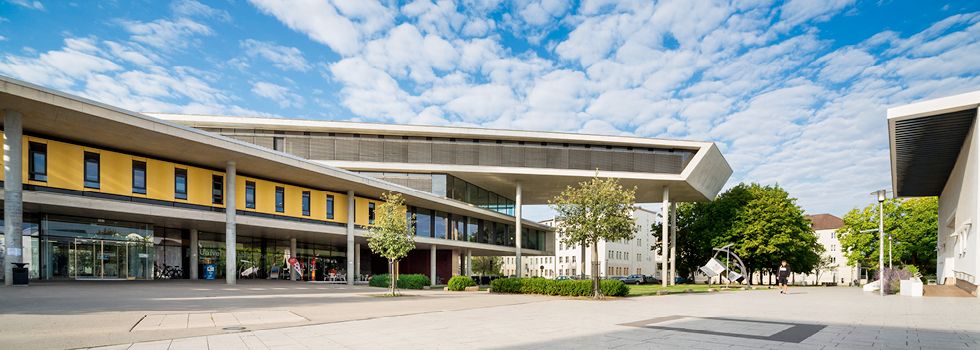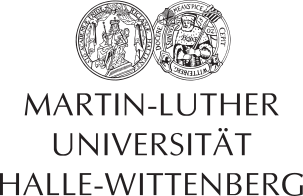Education, Human Capital and Innovation
organized by GSBC – „Jena Graduate School on Behaviour in Social and Economic Change“, open to CGDE students
Lecturer: Prof. Dr. Silke Übelmesser (Chair of Public Finance, Friedrich Schiller University Jena)
Date: October 28 2014 – October 30 2014 (each day 8.30-16.00)
Venue: Friedrich Schiller University Jena, Bachstr. 18k, SR 102/207
Registration: Please contact Tina Wolf, E-mail: tina.wolf@uni-jena.de, until 20 September 2014.
Outline:
In this course, we will focus on (higher) education and (skilled) human capital. Questions of interest are: What are the individual and public incentives as to the investment in and the (public or private) provision of higher education? How important are market failures? What are the differences between closed and open economies? What is the role of education and human capital for innovation and growth?
Every student has to present a paper from a list of recent papers, which will then be discussed in class. The purpose is to identify current research topics.
Requirements for passing the course:
Presentation of a paper (50% of final grade): Students will be assigned a paper after registering for the course. Presentations are scheduled for October 30.
Research proposal (50% of final grade): Students have to submit a proposal on an education / human capital project within a month after the course. Further details will be provided during the course.
Papers for student presentations (to be extended):
[1] Black, S., P. Devereux and K. Salvanes (2005): “The More the Merrier? The Effect of Family Size and Birth Order on Children’s Education”, The Quarterly Journal of Economics, 669-700.
[2] Couch, K. A. and D. W. Placzek (2010): “Earnings Losses of Displaced Workers Revisited”, American Economic Review 100(1), 572-589.
[3] Cuaresma, J.C., W. Lutz and W. Sanderson (2014): “Is the Demographic Dividend an Education Dividend?”, Demography 51, 299-315.
[4] Falck, O., M. Fritsch and S. Heblich (2011): „The Phantom of the Opera: Cultural Amenities, Human Capital, and Regional Economic Growth,“ Labour Economics 18(6), 755-766.
[5] Stuen, E. T., A. M. Mobarak and K. E. Maskus (2012); “Skilled Immigration Innovation: Evidence from Enrolment Fluctuations in US Doctoral Programmes”, The Economic Journal 122, 1143-1176.
